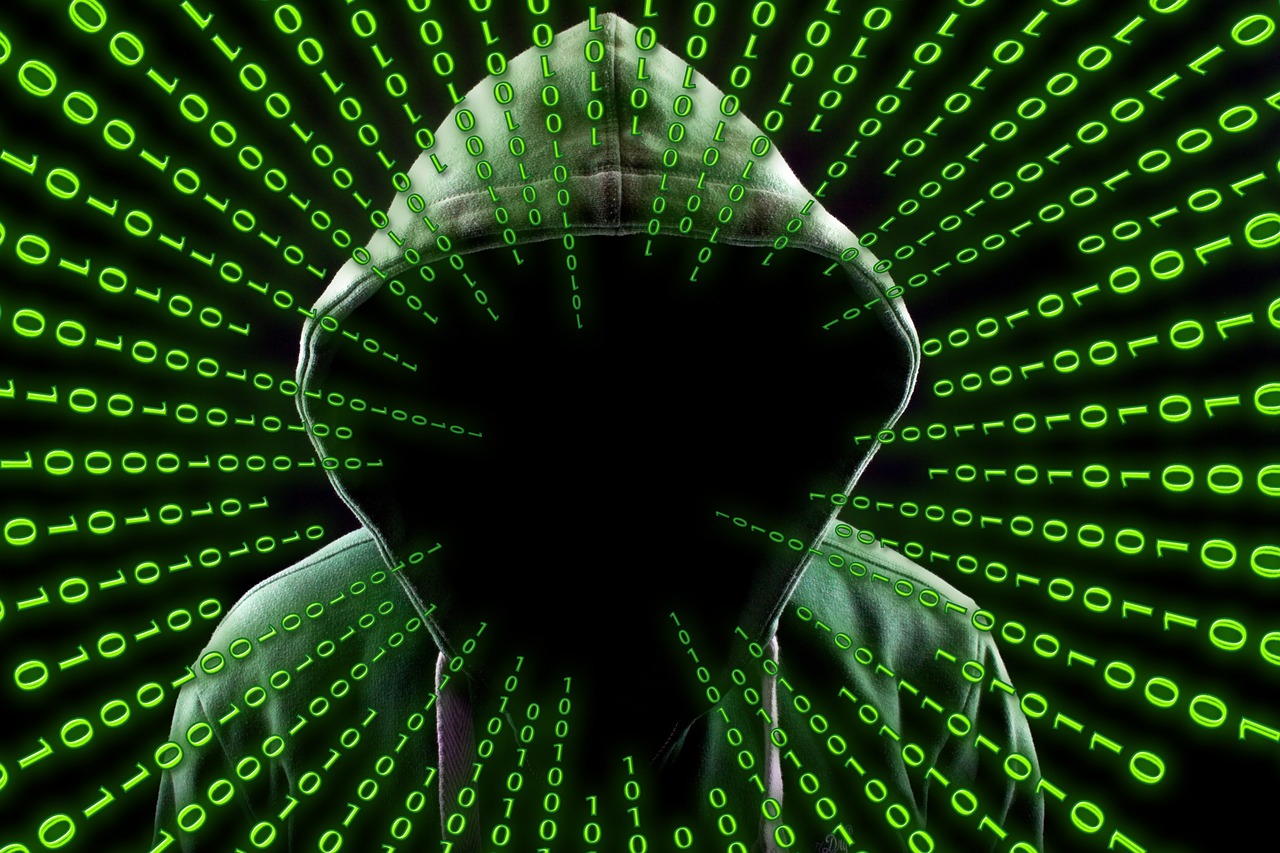In the digital age, email has become an essential communication tool in people's lives and work. However, with the widespread use of email, we also face the risk of email address leakage. This article will take an in-depth look at the risks of email address leakage and provide some advice on how to protect your privacy.

Part I: Risks of Email Address Leakage
1. Spam: Once your email address has been compromised, you may receive a large number of spam emails, which may contain advertisements, fraudulent information and other unwanted content, cluttering up your mailbox.
2. Phishing emails: Hackers may use the leaked email address to send phishing emails to try to get your personal information, account passwords and other sensitive data, which may lead to identity theft or financial loss.
3. Email address sale: Leaked email addresses may be sold by unscrupulous individuals to advertisers or other companies for ad targeting and market research, further violating your privacy.
4. Social Engineering Attacks: Hackers may use leaked email addresses to conduct social engineering attacks by masquerading as your friends or acquaintances to obtain more information or launch other attacks.
Part II: Ways of Email Address Leakage
1. Data leakage: Some websites and services may leak users' email addresses for business purposes or improper operation, exposing your information to the public network.
2. Social Media: Publicizing or sharing your email address on social media may lead to the risk of leakage as the information may be accessed by unscrupulous persons.
3. Spam and phishing emails: Replying to or clicking on links in spam and phishing emails may reveal your email address to hackers.
Part III: How to protect the privacy of your e-mail address?
1. Use strong passwords: Setting complex and unique passwords can reduce the possibility of hackers guessing and cracking passwords, thus protecting the security of your email account.
2. Don't share publicly: Avoid sharing your email address publicly in public places, on social media or web pages to prevent it from being accessed by unscrupulous people.
3. Use VPN to protect privacy: By using a VPN, your internet traffic will be transmitted through an encrypted channel, which prevents hackers from stealing your email address and other sensitive information on unsecured networks such as public Wi-Fi.
4. Update privacy settings: Regularly check your email account privacy settings and make sure only people or organizations you trust have access to your email address.
Part IV: The role of VPN in email protection
VPN play an important role in protecting email addresses. Here are a few key roles of VPN for email address protection:
1. Data Encryption: By using a VPN, your web traffic is transmitted over an encrypted channel. This means that even if a hacker or third-party organization intercepts your web traffic, they will not be able to read your email address and other sensitive information. Data encryption is one of the core features of a VPN, ensuring that your personal information is protected during transmission.
2. Anonymous Internet Access: After connecting to a VPN server, your real IP address will be hidden and replaced by the IP address of the VPN server. In this way, your activities on the Internet are not directly associated with your real identity, protecting your privacy and anonymity.
3. Bypass geo-restrictions: Some regions or countries may restrict access to specific email service providers. By connecting to a VPN server in another country, you can bypass these geo-restrictions and access email services globally, ensuring that you can use email services freely.
4. Prevent data leakage: When using unsecured networks such as public Wi-Fi, your email address and other personal information can be stolen by hackers. a VPN can establish a secure connection on these unsecured networks, protecting your email address from being accessed by hackers.
5. Block ad tracking: Some VPN offer ad blocking features that can stop advertisers from targeting ads based on your email address and web activity, reducing the likelihood of you receiving spam and advertising emails.
Conclusion:
Email address leakage can lead to spam, phishing emails, identity theft, and other risks. To protect your privacy and security, it is recommended that you use strong passwords, reply to unknown emails with caution, do not share your email address publicly, and use a VPN to encrypt network traffic to ensure that your email address is not accessible to hackers. We provide reliable VPN services to help you protect your privacy and data security and enjoy a safer and freer Internet experience. Use a VPN today to protect your email address and privacy!
 Email
Email